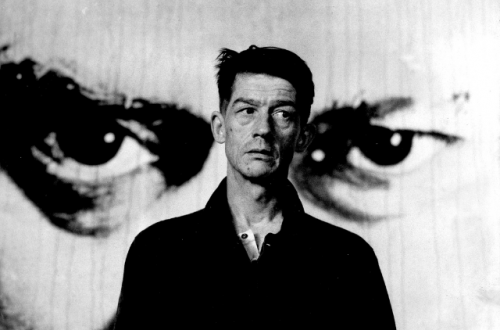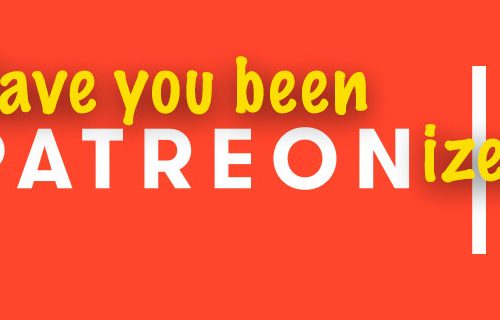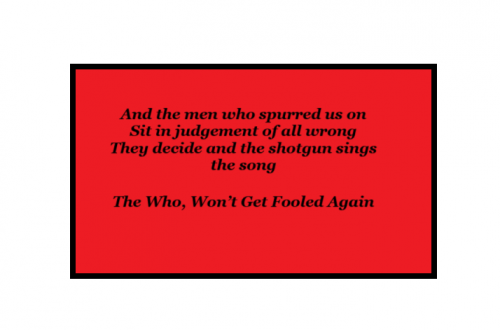When I first read that a documentary, ‘Jerusalem: An Archaeological Mystery Story’, questioning some aspects of Jewish history, in particular the issue of Jewish exile from Jerusalem in 70AD, had been dropped from the BBC schedules at the last minute, I was reminded of the controversy surrounding Tom Holland’s Islam: the Untold Story.
According to a report in The Commentator the programme was pulled because ‘the station’s planning department decided at the last minute that the documentary would not “fit editorially”.’
I can’t find any particular evidence of anxiety about this documentary, which was made in 2012, or its Israeli film maker, Ilan Ziv. Perhaps this is because his thesis is not so very radical – his suggestion that ‘the majority of the Jewish people may not have been exiled following the fall of Jerusalem in 70 AD.’
The agricultural community that the Arabs found in Eretz Israel in the 7th century was none other than the Hebrew farmers that remained on their land despite all the persecution and oppression of the Roman and Byzantine emperors. Some of them accepted Christianity, at least on the surface, but many held on to their ancestral faith and occasionally revolted against their Christian oppressors. After the Arab conquest, the Arabic language and Muslim religion spread gradually among the countrymen. (David Ben-Gurion)
Of course Ziv would seem to be taking this line of thought further, and it’s easy to see why the programme (whatever its maker’s intentions) might resonate with a particular political perspective. (There’s something annoyingly smug about the way the Guardian’s Martin Skegg anticipated the documentary would ‘ruffle some feathers’.) But it seems best to be able to see the programme in order to establish exactly what is being claimed, and then to evaluate and discuss the evidence for those claims and their implications.
So far – by contrast with the situation surrounding Tom Holland’s documentary – I have seen no writer or commenter arguing that the documentary should not be shown. Meanwhile opponents of Israel are having a field day, delighting at the chance to blame the Zionist-controlled BBC for this (apparently) ill-considered decision.
Update: Ilan Ziv has now posted his account of events on his blog, and Richard Bartholomew provides some commentary here. A couple of things strike me – I wonder if Ziv is underestimating the role simple disorganisation may have played in the BBC’s dealings with him and his film. Also – and I’d be interested to know if other readers have the same impression – Ziv *seems* to be implying that it was Zionist pressure which created the problems. And yet this detail seems to suggest otherwise:
An “unnamed” BBC insider who I was told “liked the film,” claimed that the film props up the myth of Exile “ which we all know did not happen, in order to support his political analysis”.
Admittedly this point:
I learned that the cut I was given was now irrelevant, since some internal review deemed one scène with the Palestinians to be “too emotive” and they were asked to cut it down.
does appear to fit better with pro-Israel anxieties, although I suppose one might have politically neutral reasons for being concerned that something was too emotive. As Ziv notes, his documentary has been screened many times without attracting particular controversy. And no one commenting here seemed to find anything especially alarming about the topic. So I’m more inclined to the cock-up than the conspiracy explanation – although if it was pulled on ideological grounds (from either side) that’s wrong, and it would seem appropriate to show the full version of the programme at some later date.


